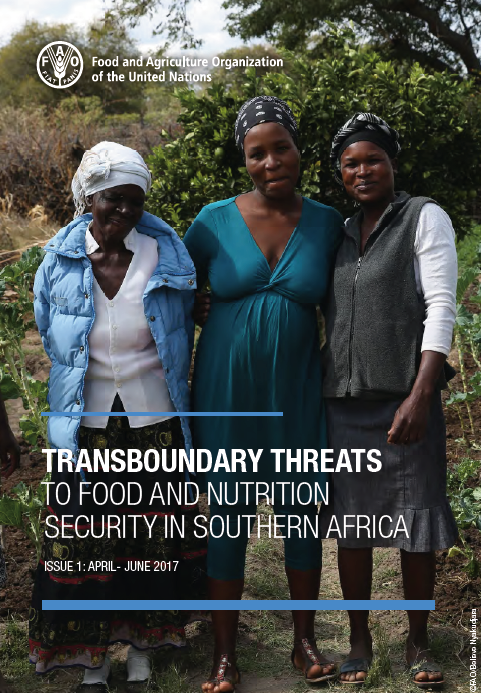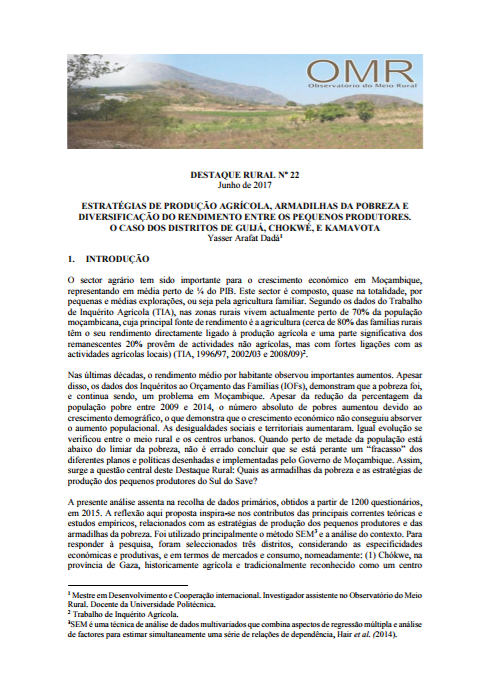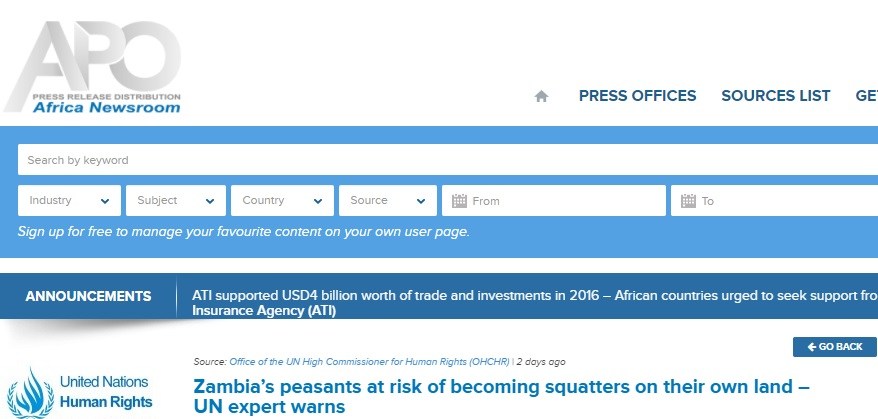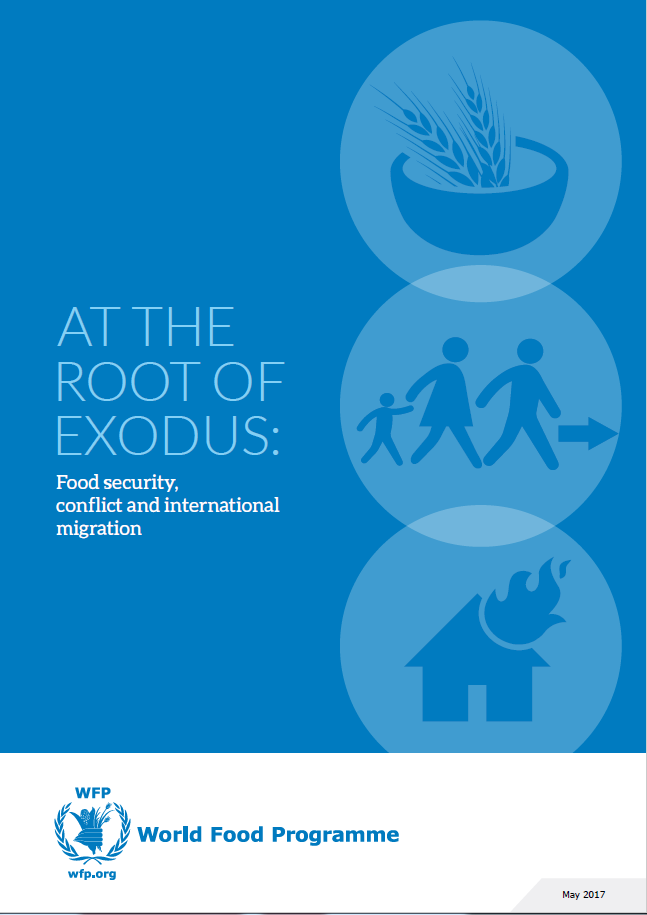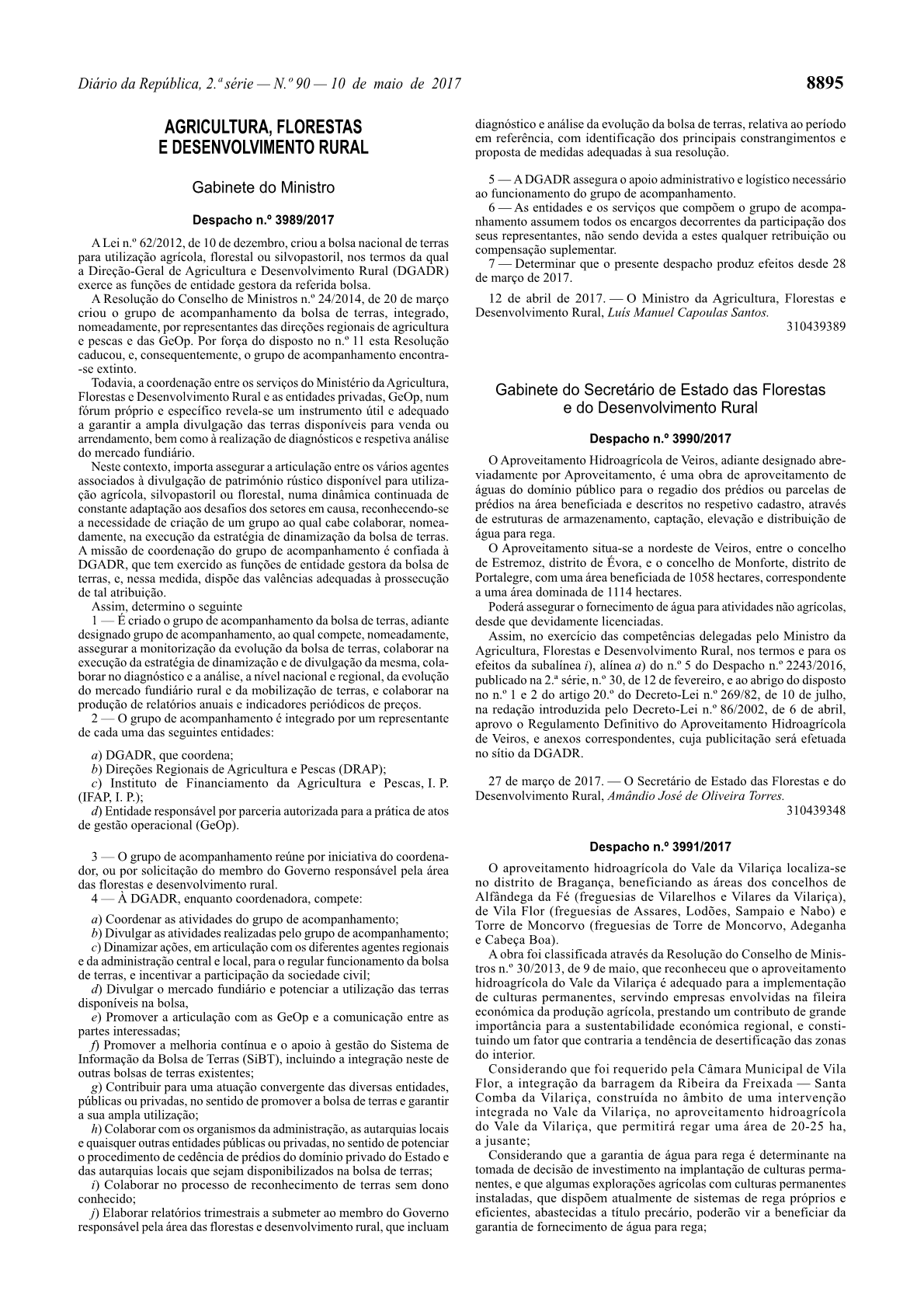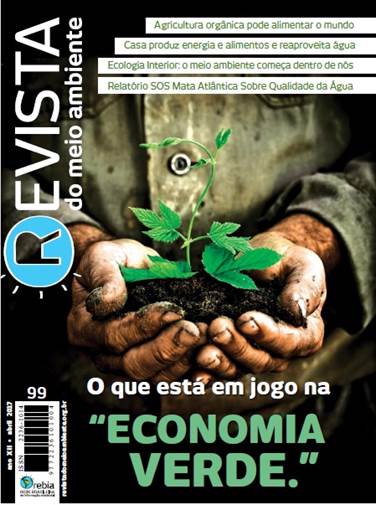PATHWAYS OUT OF POVERTY: Improving Farm Dwellers' Tenure Security and Access to Housing and Services
Twenty years after the end of apartheid farm dwellers remain some of the most vulnerable people in South Africa, with many still facing extreme tenure insecurity and lacking access to adequate housing and basic services.2 The approximately three million black South Africans (6% of the population) who live on privately owned farms in formerly white commercial farming areas are among the poorest South Africans,3 whose vulnerability is exacerbated by their “socio-economic marginality and geographical isolation”.4


